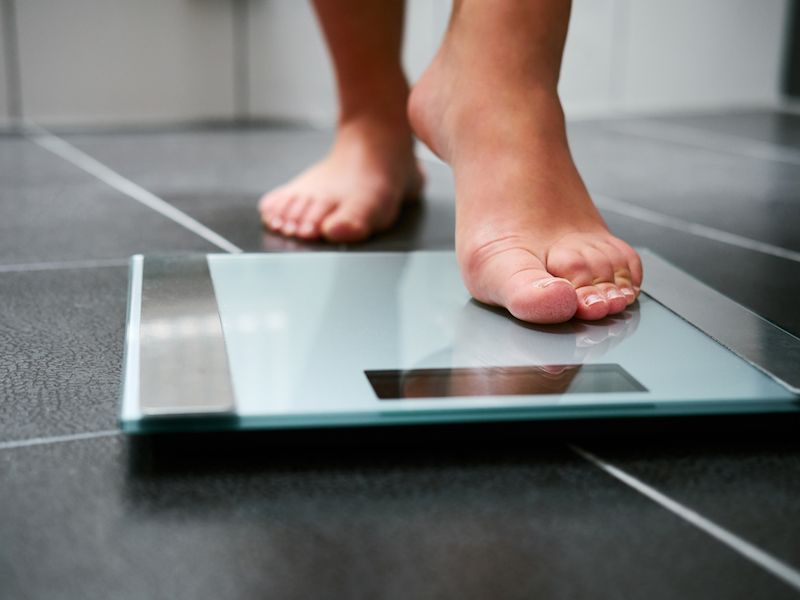
It’s well recognized, that over longer periods of time, overeating will be harmful to your health. Obesity is related to quite a few health issues. You can add hearing loss to diabetes, high cholesterol, and heart disease as a potential issue. It’s estimated that roughly 48 million people in the U . S ., about 20% of this country’s population, deal with hearing loss, and around twice that amount of adults, 93 million, are obese. Throughout the country, these shocking statistics point to a serious health concern.
How Is Being Overweight Linked to Hearing Loss?
Various studies have demonstrated that there’s a relationship between obesity and loss of hearing. Exactly what that relationship is, is still being studied, it’s believed that obesity is related to loss of hearing because the circulatory system is impacted. Additionally, hearing loss is related to high blood pressure and diabetes which are known to be connected to being overweight.
Sound in the ear is detected by small hairs inside the inner ear. These tiny hairs, called stereocilia, require a steady flow of blood and oxygen to work properly. Obesity confines the flow of blood throughout the body since the heart must work harder to get the blood to flow around the body, which means that there is less than ideal amount of blood flow available to your ear. The ears can be permanently injured by this. As each of these illnesses effect the flow of blood, high blood pressure, heart disease, and diabetes affect the inner ear in a similar way.
It’s especially necessary to keep your weight under control as you get older since age-related hearing loss is also related to a high fat mass index. In the past, your body’s metabolism worked more efficiently and faster, which is why you should attempt to form healthy habits when you’re younger and stay with those habits as you get older.
Good nutrition and exercise are great for your overall health and your ears.
Obesity Associated Loss of Hearing Treatment Options
If your hearing loss is brought about by obesity, you might never be capable of getting it back, however, it’s always good to get your ears screened to determine the extent of your hearing loss. If the injury is irreversible, you may need a hearing aid or other device to start hearing properly again.
If the damage is only slight, you may want to see your physician before your health worsens, about creating a diet and exercise plan to lessen the impact your weight has on your health. Your doctor should prescribe a cardio intensive exercise routine that will get your blood pumping and enhance your general health. There will be, more than likely, other improvements in your life also, like mental health, since regular exercise has been shown to reduce depression.
Obesity-Related Hearing Loss, How to Stop it
So that you can avoid obesity-related loss of hearing day to day exercise and a nutritious diet are a must. Keeping your body healthy can also assist in keeping your hearing in good shape. One way to get started is a consultation with a nutritionist who can assist you to develop a plan that is individualized for you and is targeted on helping you reach your goals. The task of the nutritionist is to make certain you’re consuming the right blend of nutrients in nutritious foods, foods that are high in iron, for instance, because of course, a lack of iron in your diet can exacerbate your loss of hearing and trigger tinnitus.
Discover more regarding hearing loss and how you can hear better with the appropriate treatment method.